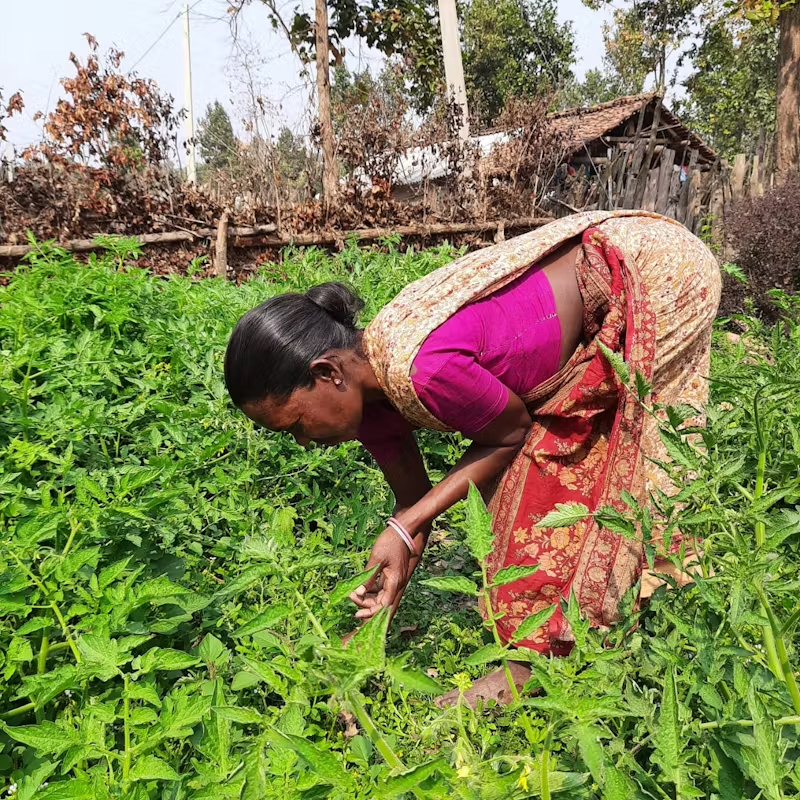Why Gramonnati ?
India is among the youngest countries in the world with a median age of 29 years by 2020 (50% Indians are less than 25 years in age). This is potentially an enormous demographic dividend in a world that is rapidly aging.
To this, we could add the fact that 68% of India lives in its villages, and that they need to develop at a much faster rate for India to be truly and sustainably developed in coming decades. Rural development, with an aim of boosting rural economy and generation of employment locally in villages is already one of the most critical areas identified by the Government at all levels. Numerous policies and programs are being implemented with varying degrees of success.
We believe that in coming years, an ever-larger share of employment opportunities will be in rural areas. Gramonnati, accordingly, aims to focus on supporting rural transformation through technology, skills and entrepreneurship.
- Right use of Technology : To help communities to leap-frog to the latest ideas and innovation.
- Skill Development : To help people to become self – employable.
- Rural Entrepreneurship : To help them become job-creators instead of job-seekers. We aim to select and train ex-soldiers, youth and women to be rural entrepreneurs.


In our extensive travel and interactions with village communities, NGOs, Government officers, academic experts and entrepreneurs in this field, two observations can summarize the rationale for Gramonnati’s mission and goals:
- A lot of innovative and often brilliant solutions are being worked upon to solve rural challenges, being developed by startups, academic institutions and entrepreneurs, but these are not readily or widely available to village communities when they need it and in the manner, they can use it best. The reasons are lack of awareness, poor infrastructure, poor education and many social and local factors.
- A study of many well-run rural programs indicates two critical predictors of success:
- An inspiring leader at grass-root level: whose commitment and tenacity is often central to overcome all challenges and rally the community on the path of transformative development.
- Quality of execution: Several factors impact quality of execution like deep local knowledge and trust of the communities (social capital), right leadership and technical skills, integrated eco-system approach and so on.
